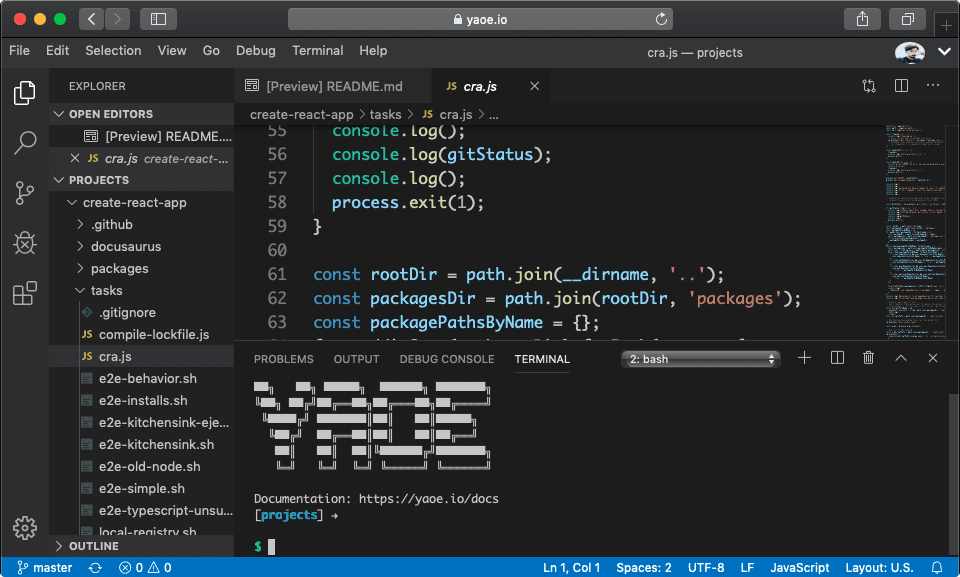Is there a cloud solution where
- Visual Studio runs on a virtual desktop hosted in the PUBLIC cloud (not on private physical server in my computer room)
- the virtual desktop can be reached from anywhere in the world
- the virtual desktop can talk to an actual remote SQL Server instance on another domain over a VPN
- the VPN would require no special software to be installed on the firewall of the remote domain
- the virtual desktop would be able to join other Windows domains (somewhere else in the world) as a domain-user so that Visual Studio can publish apps to LAN servers inside those domains?

